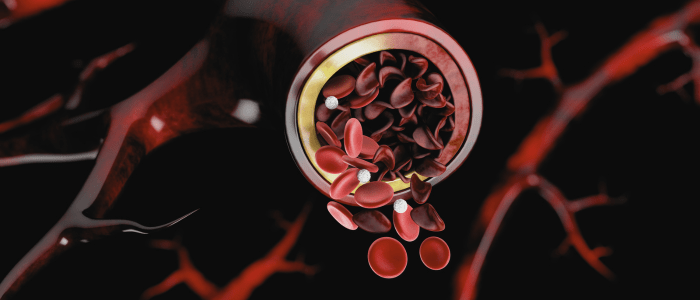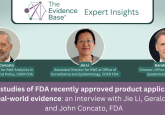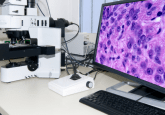ASH Research Collaborative and Reagan-Udall Foundation for the FDA unite to advance real-world evidence research in sickle cell disease

ASH Research Collaborative (ASH RC) and the Reagan-Udall Foundation for the FDA (FDA Foundation) have launched a consortium to understand and develop consensus on the use of real-world evidence (RWE) for sickle cell disease research.
SCD disproportionately impacts Black, African American, and Hispanic American populations, affecting approximately 100,000 people in the US. In order to further research into this disease, ASH RC and the FDA Foundation have jointly initiated the Sickle Cell Disease (SCD) Real-World Evidence Consortium.
This consortium will aim to establish unified standards for utilizing electronic health record (EHR) data in SCD research and patient care improvement, in order to enhance the quality of life for individuals with SCD. Both Dr Richard L Schilsky, Chair of FDA Foundation’s Board of Directors, and Dr Mark A Crowther, Chair of ASH RC’s Board of Directors and Department of Medicine Chair at McMaster University, highlighted the collaboration’s capacity to effect change within an underrepresented community. Schilsky stated, “We’re eager to begin this collaboration that has the potential to lead to better health outcomes for this historically poorly served patient population.” Crowther also emphasized, “Sickle cell disease research and treatments have been historically underfunded and overlooked, and it’s time we better understood clinical outcomes.”
The consortium comprises SCD researchers, clinicians, patients, industry representatives, federal regulators, and informaticians, who will collaboratively establish guidelines for utilizing EHR data to comprehend the natural progression and outcomes of SCD.
With over 300,000 codes defining various conditions and symptoms in EHRs, identifying, standardizing, and interpreting these codes pose challenges. By delineating codes indicative of SCD clinical characteristics, researchers can expedite and refine SCD research using EHR data. As Crowther emphasized,
“Real-world evidence holds tremendous promise to accelerate research by overcoming the limitations of traditional clinical trials.”
ASH RC and FDA Foundation will collaborate across clinical research, care, regulatory affairs, and industry partnerships. ASH RC’s Data Hub contains data from over 25,000 individuals with SCD and will help verify established standards, while the FDA Foundation, a 501(c)(3) organization independent of the FDA, aims to support the FDA’s mission by updating product development, promoting innovation, and ensuring product safety.
Want regular updates on the latest real-world evidence news straight to your inbox? Become a member on The Evidence Base® today>>>






